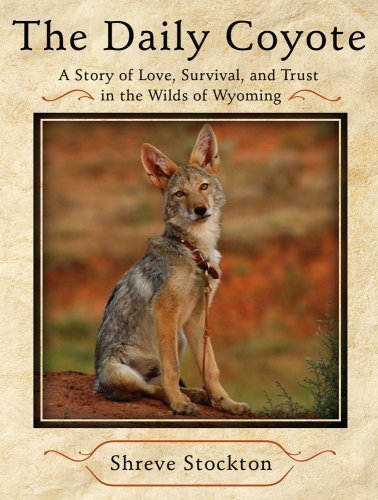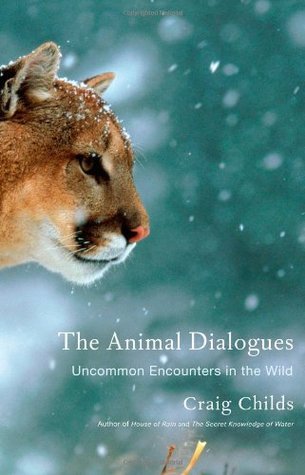
Wolves at Our Door: The Extraordinary Story of the Couple Who Lived with Wolves
Book Description
A wild world where trust and survival collide unfolds in "Wolves at Our Door." Follow the extraordinary journey of a couple who dared to live alongside magnificent wolves, breaking boundaries to forge a bond that transcends species. Amidst the breathtaking beauty of nature, they face the raw intensity of predator and prey, challenging their beliefs and their very existence. As bonds form and tensions rise, they confront the unpredictable wild and the unbreakable spirit of these enigmatic animals. Can love and understanding bridge the divide between humans and nature, or will the wilderness reclaim its dominance?
Quick Book Summary
"Wolves at Our Door" is an intimate nonfiction narrative chronicling the experiences of Jim and Jamie Dutcher as they immerse themselves in the world of wolves. Living alongside a pack in the Idaho wilderness, they break traditional boundaries between human and animal, embracing risk, vulnerability, and awe in pursuit of understanding. Through careful observation and gentle engagement, the Dutchers reveal the complexity and social richness of wolf society, challenging common misconceptions and fears. Their story is as much about trust, survival, and kinship as it is about scientific discovery. Amidst the challenges of living close to wild predators, they capture the unique personalities and behaviors that define wolf life, inviting readers to reconsider humanity’s relationship with nature and inspiring a deep respect for these misunderstood creatures.
Summary of Key Ideas
Table of Contents
Building Trust Across Species
Jim and Jamie Dutcher’s journey into the heart of wolf society begins with a commitment to live among these elusive creatures in the wilderness of Idaho. Determined to foster trust, they carefully construct a setting that simulates the wolves’ natural environment while allowing for close, nonintrusive observation. The process of earning the wolves’ trust is slow and deliberate, requiring patience, respect, and an acute sensitivity to the animals’ moods and body language. The couple’s persistence ultimately pays off, as they witness firsthand the moments when fear gives way to acceptance, paving the way for deeper understanding.
Decoding Wolf Society and Behavior
As the Dutchers become accepted by the pack, they gain unprecedented insight into the complexities of wolf social dynamics. Rather than the “vicious predator” stereotype, wolves emerge as loyal, affectionate, and highly organized animals. The pack’s intricate code of communication—howls, body postures, gentle nuzzles—highlights a society built on cooperation, hierarchy, and emotional bonds. The couple comes to appreciate the importance of roles within the pack, from the nurturing alpha to the playful subordinates, and documents the rich tapestry of relationships that define wolf life.
Challenges of Coexistence with the Wild
Living alongside wolves is not without its trials. Everyday life brings unpredictable challenges: harsh weather, health crises within the pack, and the ever-present reminder that humans remain outsiders in the wild. The Dutchers experience moments of fear and sadness, particularly when confronting the harsh realities of nature—injury, death, and shifting alliances within the pack. Yet these difficult experiences also forge resilience and deepen their empathy, making each moment of acceptance and connection all the more significant.
Human Impact on Nature and Conservation
The Dutchers’ experiment extends beyond personal enlightenment; it carries a powerful message about humanity’s place in the natural world. They observe firsthand the impact of human activity on wildlife—habitat destruction, misunderstandings, and persecution that threaten the existence of wolves in the wild. By sharing their story and dispelling common myths, they advocate for a shift in public perception. Their experience underscores the urgent need for conservation and co-existence, highlighting the wolf’s vital role in maintaining ecological balance.
The Emotional Lives of Wolves
Throughout their time with the wolves, Jim and Jamie are repeatedly struck by the emotional intelligence and individuality of each animal. They observe joy, grief, loyalty, and even forgiveness—qualities that challenge the notion of a rigid divide between humans and animals. This realization transforms not only their perspective on wolves but also the broader human relationship with wild nature. In the end, "Wolves at Our Door" is a celebration of compassion, kinship, and the enduring spirit of the wild.
Download This Summary
Get a free PDF of this summary instantly — no email required.





